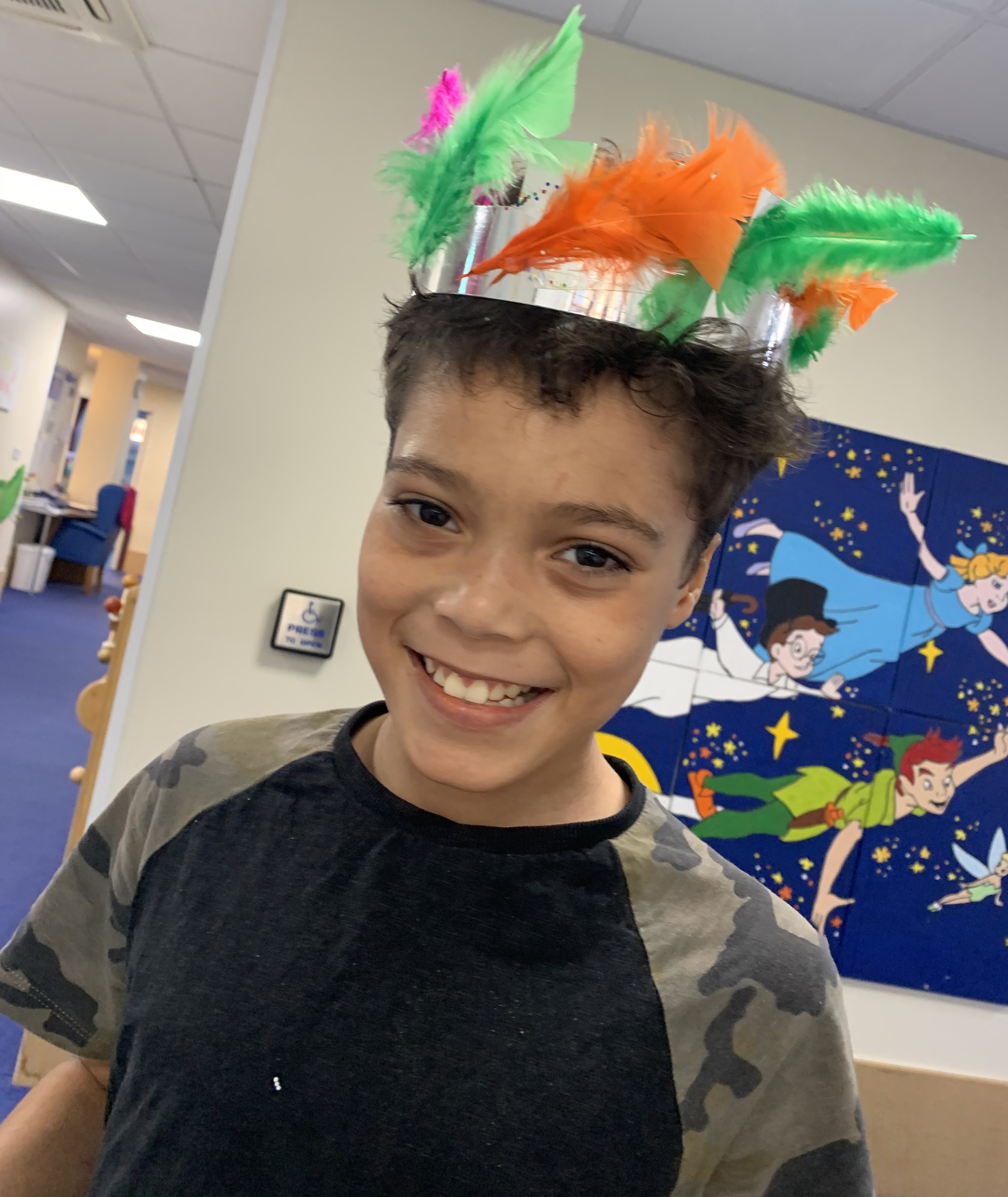3rd December 2024 Dylan’s Crisis: Addressing Overshadowed Mental Health Needs in Children with Complex Disabilities

Donate to our Big Give Challenge
Dylan is 14. An illness when he was two years old caused brain damage, epilepsy, autism and ADHD behaviours, and since he was eight, he has been having respite breaks at Rose Road. Dylan liked to follow routines but always enjoyed day trips out, helping to prepare his meals and particularly enjoyed puzzles.
However, over the last year Dylan has been struggling with his mental health.
He had begun to self-harm and became unable to follow once-established routines or engage in activities he once enjoyed due to intense repetitive and compulsive behaviour. From needing to toast a slice of bread over 30 times, to not moving for hours at a time until a routine he'd imposed had been completed.
He became extremely anxious, often catatonic and demonstrated behaviour likened to someone having a psychotic episode.
There were even occasions when Dylan couldn’t have the respite breaks at Rose Road he so deserved because of the challenges linked to his crippling mental health needs.
The impact of Dylan’s crisis has been far reaching; the family business has suffered as Dylan’s mum has not been able to work and her own mental has health declined in seeing her son so distressed.
His mum Alice said “our life became consumed by his mental health needs”.
Seeing beyond the disability to find a diagnosis
Dylan’s condition is extremely complex, and he isn’t easily able to communicate to others how he feels. And so initially, despite being supported by multiple professionals, his change in wellbeing was being put down to his disability and increased seizure activity.
Eventually, when Dylan’s mum described his symptoms (not his medical condition) to a mental health professional, they immediately diagnosed him with Obsessive Compulsive Disorder (OCD). If he didn’t have complex needs this would have been obvious – this should have been obvious. It is also highly likely that the increased seizure activity is actually a result of stress and anxiety caused by the OCD.
Sadly, we are seeing more and more children at Rose Road with mental health problems including anxiety, depression, OCD and eating disorders.
In fact, research suggests children with learning disabilities are four and a half times more likely to have a mental health problem than children without a learning disability.
Diagnostic overshadowing, and a lack of knowledge among mental health services on how to support young people with different or limited communication, mean they often don't get the help they need, when they need it, to prevent crises like these from occurring.
Dylan is not better yet, but with the knowledge that this is a mental health condition seperate to his disability, support can now be put in place that will hopefully start to reverse this crisis.
Until then, Dylan and his family have suffered unnecessarily.
Our 2024 Big Give Christmas Challenge
Your donation to our Big Give project this year will help to ensure this doesn’t happen again.
Your donation will help us provide more therapeutic activities and ensure Rose Road can be the safe space these young people need.
You will help us train our staff to better recognise what a mental health crisis may look like in children with complex needs before it escalates, and work with mental health professionals to provide extra support to these very vulnerable children.
Please donate to our Big Give Christmas Challenge today.

Your donation will be doubled during this special week of giving thanks to match funding partners, helping us to raise £12,500.





